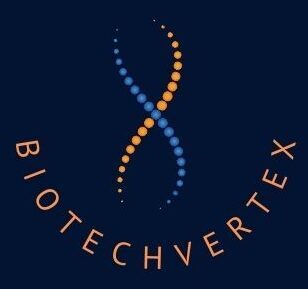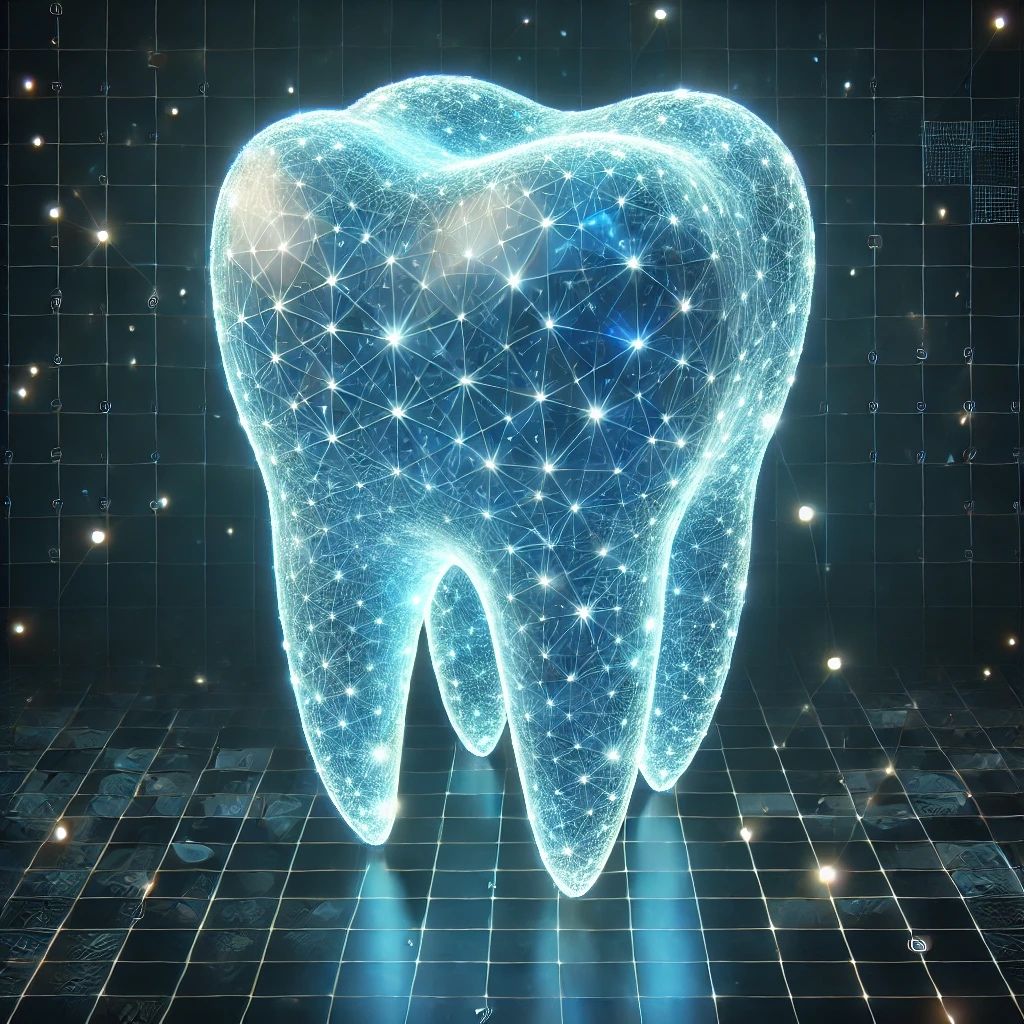The idea of regrowing a lost tooth seems like a science fiction theory, but it is on the corner of reality. A team of dental researchers at Toregem Biopharma in Japan has discovered that humans have a third set of teeth that is recognized as a dormant set of teeth. They have discovered a tooth-regenerating drug that can grow back this dormant set of teeth. This can be proven as an effective treatment option as an alternative to dental implants and dentures. This treatment will not only be effective for congenital anodontia (a rare genetic disorder characterized by no teeth) but also for people who have lost their teeth later in life. The drug tested positively and has grown back teeth in mice and ferrets during clinical trials without causing any adverse effects.
What is this drug?
The drug contains specific antibodies that target the specific protein known as USAG-1 (Uterine Sensitization Associated Gene-I).
The story began at Kyoto University, Japan, in 1990. In 2005, the team found that a USAG-deficient mouse grew back the tooth buds. When researched, it has been concluded that this protein is responsible for preventing the regeneration of the third set of teeth. The discovered antibody is blocking this protein in mouse trials and stimulating new tooth buds in jaws. In another trial on ferrets, which have permanent teeth like humans, this drug is stimulating the new tooth buds without any side effects.
Light of hope for congenital anodontia Individual
Congenital anodontia is a genetic disorder that is characterized by the absence of both primary and permanent teeth at birth. Globally, this disorder is considered one of the most common dental abnormalities, with a prevalence rate of 2-10%. People with this rare disorder have problems chewing food and affected social lives. This drug can be a ray of hope for these patients and a life-changing scientific solution.
Conclusion
The current experiment is focusing on individuals who don’t have teeth by birth and how the drug is responding in their teeth regeneration. It has also been stated that if a tooth regrows in the wrong place, then it can be replaced by transplantation or orthodontics. The drug is still under human trials, and it is estimated that it will be available in the market by 2030 if it succeeds. The future research focuses on stimulation and regeneration of teeth with their own cells and tissue so that it can be added as a synthetic, most advanced, and scientifically driven clinical solution for dental problems.



